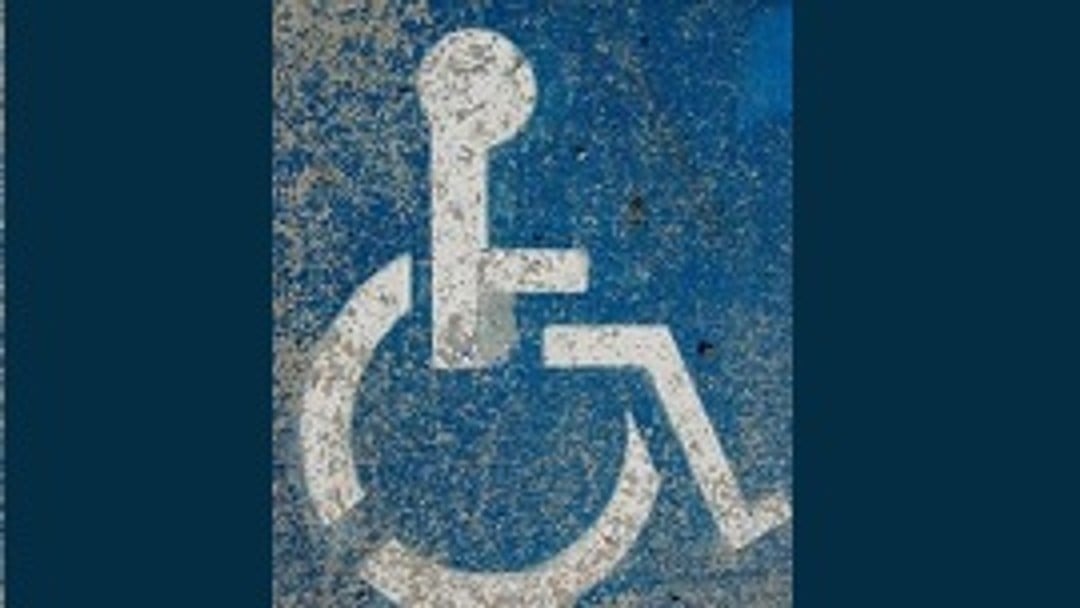Government legal action threatens disability rights

Charities express grave concerns about the Department of Health and Social Care's legal action jeopardising disabled individuals' rights
Recently, the Department for Health and Social Care's intervention in a Supreme Court case has raised alarm among leading charities, including Mencap, Mind, and the National Autistic Society. They describe the legal action as “deeply troubling” and warn that it places the rights of thousands of disabled individuals at significant risk, particularly for those unable to advocate for themselves when care arrangements go awry. The Department is seeking to overturn a 2014 ruling known as ‘Cheshire West’, a judgement that has played a pivotal role in safeguarding the rights of those who lack capacity, by ensuring they have the means to challenge restrictive decisions made on their behalf.
The Supreme Court's 2014 ruling determined that individuals under continuous supervision, who cannot freely leave or provide consent, are considered 'deprived of their liberty'. This judgement has vital implications for people residing in locked rehabilitation centres, supported living environments, and care homes. According to the charities, such legal protections allow for independent oversight, ensuring that any restrictions imposed on individuals are both lawful and aligned with their best interests. The upcoming hearing on October 20 could have far-ranging consequences, potentially stripping these crucial safeguards for disabled individuals across the UK.
The charities assert that the Department's actions are unprecedented, contending that it has overstepped its authority by intervening in the Northern Ireland Attorney General's reference. They argue that this late intervention constrains the ability of the parties involved to adequately respond and raises complex legal and human rights concerns that could adversely impact a significant number of individuals with learning disabilities and autistic people. Furthermore, they highlight the lack of transparency surrounding the Department's motives, as it has not publicly disclosed what changes it is advocating for.
In a joint statement, Mencap, Mind, and the National Autistic Society emphasised the importance of transparency, stating, “This action is deeply troubling. This is far too important a change to be done by the back door." They urge the Secretary of State, Wes Streeting, to make the proposed changes public and to withdraw the expanded intervention to ensure appropriate scrutiny of disability services.
Legal experts have also echoed these sentiments. Rebecca Chapman from Irwin Mitchell Solicitors remarked, “The Cheshire West case provided important protections for some of the most vulnerable people in society." She stressed that any modifications to such critical protections must follow a transparent democratic process, noting that the current lack of public disclosure raises further concerns about accountability.
Compelling testimony from Independent Mental Capacity Advocates (IMCA) illustrates the stakes involved in this case. An advocate shared an instance where an individual, assessed as lacking capacity, wished to challenge restrictive care decisions but was unaware of their right to do so. With support, the individual was able to assert their rights and ultimately sought alternative accommodation that better suited their needs.
As the legal landscape evolves, the implications of this case will reverberate throughout the UK, prompting urgent discussions on the future of disability rights and the necessary safeguards to protect some of the most vulnerable members of society
